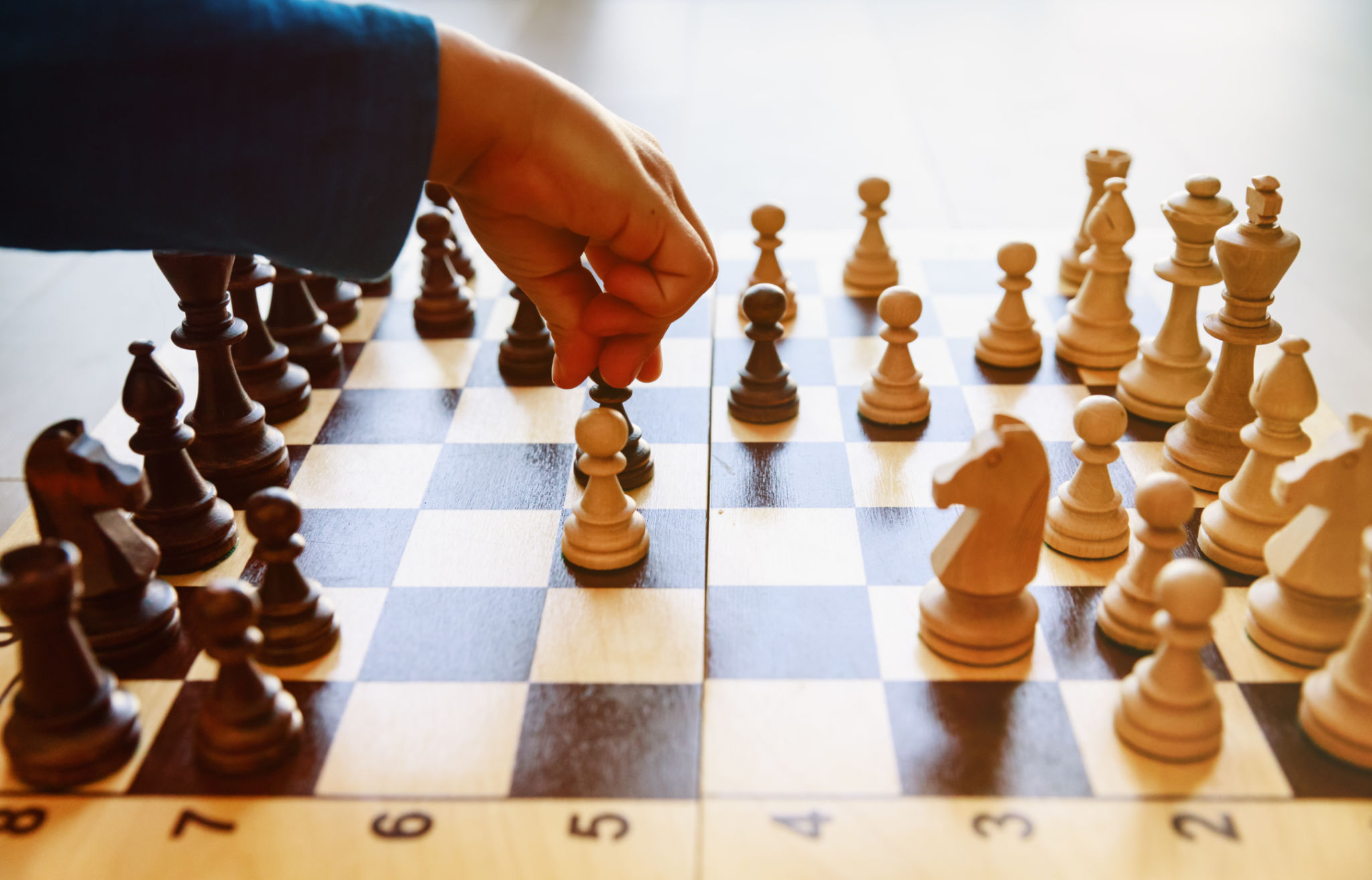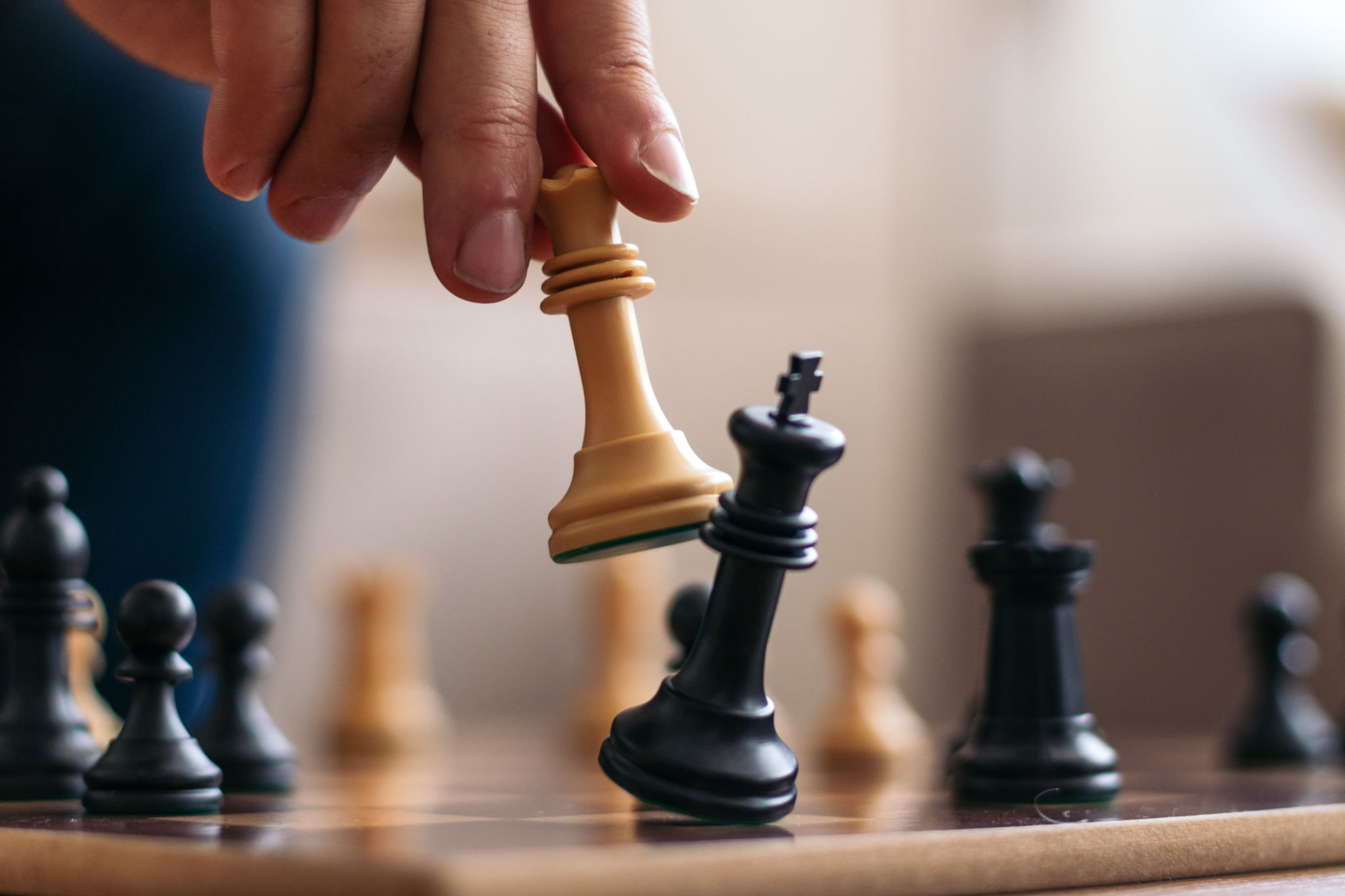How to Prepare for Youth Chess Tournaments: Tips and Tricks
Understanding the Basics
Preparing for a youth chess tournament can be both exciting and daunting. Understanding the fundamentals of chess is crucial for young players. Ensure that the participant is familiar with the basic rules, piece movements, and strategies. It's essential to have a solid grasp of opening principles, tactics, and endgames.
Studying classic games can also be beneficial. Encourage young players to analyze games played by grandmasters to understand different strategies and styles. This will help them develop their own techniques and improve their decision-making skills.

Developing a Training Routine
Consistency is key when it comes to preparing for chess tournaments. Establishing a regular training routine will help young players enhance their skills over time. Dedicate a specific amount of time each day for practice, whether it's solving puzzles, playing online games, or reviewing past matches.
Incorporating variety into the training sessions can keep young players engaged. Use a mix of activities such as studying theory, practicing tactics, and playing practice games with peers or coaches. This balanced approach ensures comprehensive development.

Participating in Practice Matches
Experience gained from practice matches can be invaluable. Encourage young chess players to participate in friendly games or club tournaments to simulate the competitive environment of a real tournament. This practice helps them become comfortable with time controls and develop focus under pressure.
After each match, it's important to review the games to identify strengths and weaknesses. Analyzing mistakes and learning from them is a critical part of the growth process. Use chess software or seek guidance from a coach to gain deeper insights into their game.

Building Mental Stamina
Chess tournaments can be mentally exhausting, especially for young players. Building mental stamina is crucial for maintaining focus throughout long rounds. Techniques such as mindfulness, breathing exercises, and visualization can help players stay calm and composed during intense situations.
Additionally, ensuring a healthy lifestyle with adequate sleep, nutrition, and physical activity contributes to overall mental well-being. A balanced routine supports cognitive function and improves concentration during matches.
Preparing for Tournament Day
On the day of the tournament, it's essential to arrive early to acclimate to the environment. Encourage players to bring necessary items like water, snacks, and a scorebook to stay hydrated and energized throughout the event.
Remind young players to have fun and enjoy the experience. The primary goal is to learn and grow as a chess player, regardless of the outcome. With preparation and practice, they can approach the tournament with confidence and enthusiasm.